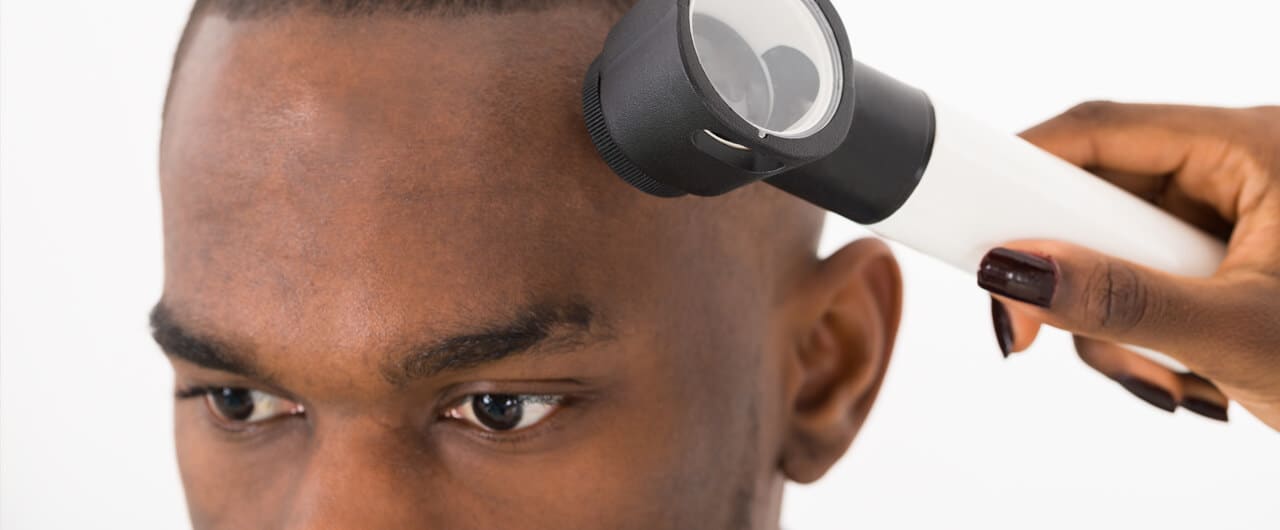Dermatologists make up about 2% of all doctors in the country. With all the fascination with cosmetic dermatology, sometimes patients, and even other doctors, fail to realize all the value we offer. We went to medical school for four years, did brutal internships and then completed at least three years of accredited training specifically in the management of skin, hair and nail diseases. Yes, we can seem like unicorns—so why not take advantage of the value we have to offer. Here are some things you should know about us:
- We are the experts in treating teen AND adult acne. Acne doesn’t just affect teens. Acne can last for decades into adulthood or even start in adulthood. It can leave annoying blemishes and scars—especially on dark skin. Although we sometimes perceive acne as an issue of vanity, it can have significant, long-term psychosocial and professional impact.
- We participate in health insurance plans. Perhaps because many people visit the dermatologist for cosmetic treatments, which are not covered by insurance, they think that dermatologists on the whole don’t participate in insurance plans. This is far from the truth. Some dermatologists, like some doctors in other specialties, don’t participate in insurance—which is their right. This does not mean that these doctors are better- it’s a business choice. If one looks in most networks, however, one can find thousands of dermatologists across the country who participate in insurance.
- We treat hair loss. Dermatologists are the experts in the diagnosis and treatment of hair loss—some specialize in it more than others. Diagnosis usually requires a consultation with a physical exam and sometimes a scalp biopsy or blood work. Treatment may require behavior change, medical or surgical care.
- We don’t just work on the face. Yes, some people specialize in facial cosmetics, however, dermatology includes treating the skin all over your body.
- We treat people of all ages. Although there is now a subspecialty of board-certified pediatric dermatologists who tend to handle the more complex cases in children, basic dermatology training includes both adults and children. Most pediatric dermatologists also trained to treat adults.
- We see people of all genders. More than once people have inquired as to whether I see men. Admittedly, most of my patients are women—but this is often true in health care in general. It’s not because men are excluded. I also have a following of transgender patients. Yes, there are some practices that subspecialize in gender-specific disease, transgender issues or male facial cosmetics. As a specialty, however, we can help people of all genders.
- We are your nail experts. Diagnosis and treatment of nail problems is a core part of a dermatologist’s training.
- Avoid “fake dermatologists.” Fake dermatologists are professionals who represent themselves to the public as dermatologists, sometimes even advertising themselves as “board-certified” who did not in fact do formal training and pass the certification examination in dermatology. Because of the perception that it is easy, and lucrative, many people who did not make the investment to get the knowledge and skills to provide the expert care patients deserve, nonetheless, offer dermatology services in the market place, often misrepresenting their credentials. “Fake derms” often focus on cosmetics, however, they may also attempt to treat your medical problems. In reality, it is not illegal for any medical doctor to practice under any specialty. It is, however, illegal to claim to be “board-certified” in a specialty one is not board-certified in. “Fake derms” also include non-doctors, such as physician extenders, who may also market themselves as “board-certified dermatology PAs” or as “board-certified dermatology NPs.” Extenders are only “certified” in general care—not specialties. You deserve a real expert for your skin, hair and nail concerns.
Author Dr. Dina Strachan is an internationally-recognized, Harvard and Yale educated, board-certified, black dermatologist in New York City.


